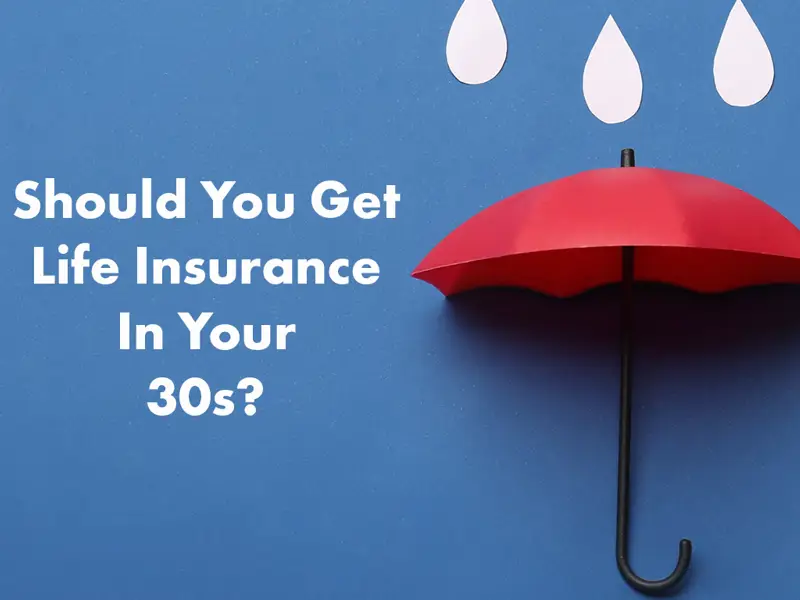Taking out loans from the cash value built up in your life insurance policy can be an advantageous way to help pay off a mortgage or supplement college expenses. But the cash value you accumulate from your policy can just as easily be squandered on nonessentials.
Indeed, the lack of financial restrictions on how cash value may be used is one of the perks for permanent life insurance policyowners. However, for those who lack financial restraint and rack up credit card debt, it may be tempting to bail themselves out with a loan from their cash value.
Benefits of cash value in life insurance
That's not to say the cash value in your life insurance policy is off limits.
While permanent life insurance - which may be either whole, variable, or universal - provides a death benefit to protect the ones you love, it also can build cash value that you can access to help you during your lifetime.
(Because permanent life insurance has a cash value component, its premiums are typically higher than they are for term life insurance, which provides only a death benefit for a fixed number of years, also known as the "term")
The cash value in whole life insurance policies is guaranteed to increase over time, and earnings grow tax deferred for as long as you live.
Whole life policyowners who own a participating policy are also eligible to receive dividends, which can be used to increase the size of their death benefit or to grow their cash value.
But understand that dividends are not guaranteed and are based on the life insurance company's operating performance, including claims, expenses, and investment earnings.
Interest rates on cash value loans from insurance policies, which range from roughly 5 percent to 8 percent depending on whether they are fixed or variable, are typically more competitive than those available for personal loans, making them an affordable source of cash or credit. However, you should be aware that the interest rate and loan amount may have a direct effect on any dividends credited to the policy. According to the most recent data from the Federal Reserve, commercial banks charge an average 10.3 percent for a two-year personal loan.1
"If you need money and you can borrow against your cash value when interest rates are low, that can certainly make sense," said James Hunt, a retired life insurance actuary who now assists the Consumer Federation of American, a nonprofit consumer advocacy group in Washington, D.C.
Weigh the pros and cons
Hunt also cautions consumers to consider the impact that liquidating their cash value may have.
"When people who are nearing retirement say they want to stop paying their premiums, I always suggest they think about continuing their premiums to build up cash value so they can use it to pay for future nursing home care, especially if they choose not to buy long-term care insurance," he said.
You can extract cash value from your permanent life insurance policy in several ways: as a loan, a partial surrender, or by terminating the policy outright.
You do not need to qualify for a cash value loan and there is no requirement to pay it back.
But be aware that interest accrues on your loan balance until it gets repaid or you die. If you do not keep up with your interest payments, they will slowly deplete the size of the death benefit you leave behind - money your surviving beneficiaries may need for living or medical expenses.
Eventually, the interest could also exceed the size of your cash value, which would cause your life insurance policy to lapse, triggering a possible taxable event on the earnings and denying your heirs a death benefit. Therefore, life insurance policyowners should consider their options and understand the risks before tapping their cash value, said Hunt.
A financial professional can help you make an informed decision.
"You need to be cautious about running up a big loan bill in retirement,' said Hunt. "Paying for college or medical expenses are excellent reasons to take out a life insurance loan, but you have to be sure you compare the interest rates available on alternative sources of cash or credit. You don't want to become too reliant on borrowing your cash value."
The cash value that accumulates in your life insurance policy can help sustain you in retirement or bail you out if you get in a bind. Just be sure you understand how a loan or partial surrender may impact your financial safety net and your beneficiaries.
1 Federal Reserve, Consumer Credit - G.19,* June 5, 2020.
MM202506-302021


